Audre Lorde’s ‘Your Silence Will Not Protect You’
The White Review

Audre Lorde (1934-1992) was one of the most significant U.S. writers of the last quarter of the 20th Century. She described herself as "Black, lesbian, mother, warrior, poet." This new collection of her poetry and prose allows readers to remind themselves of her thought and its significance.


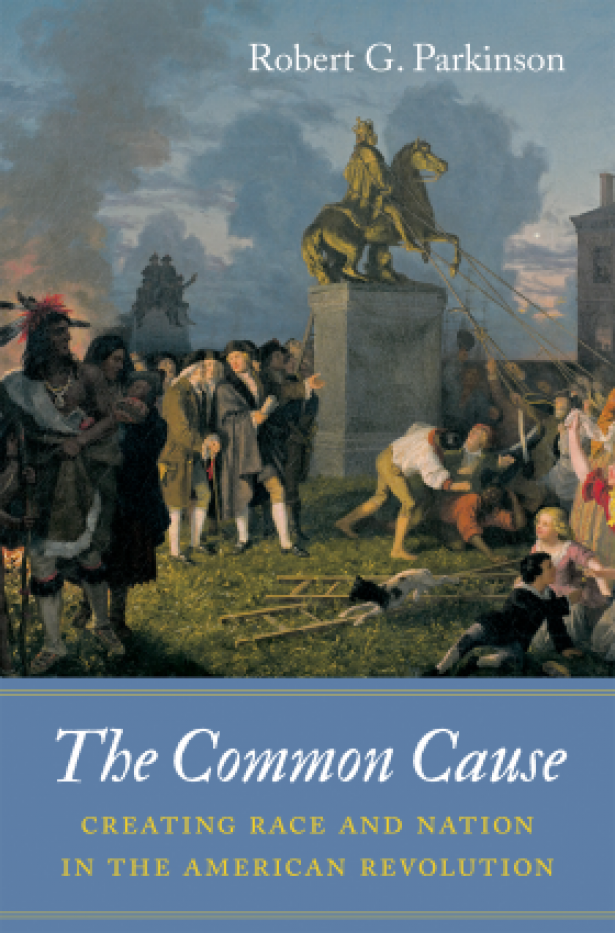

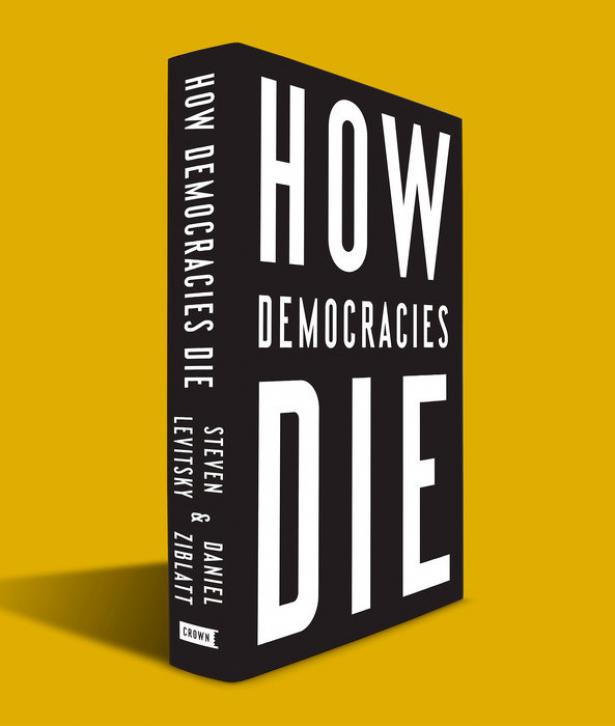

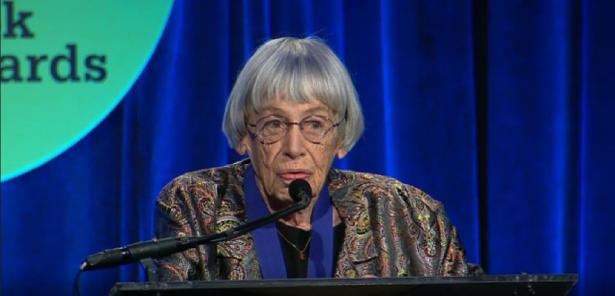
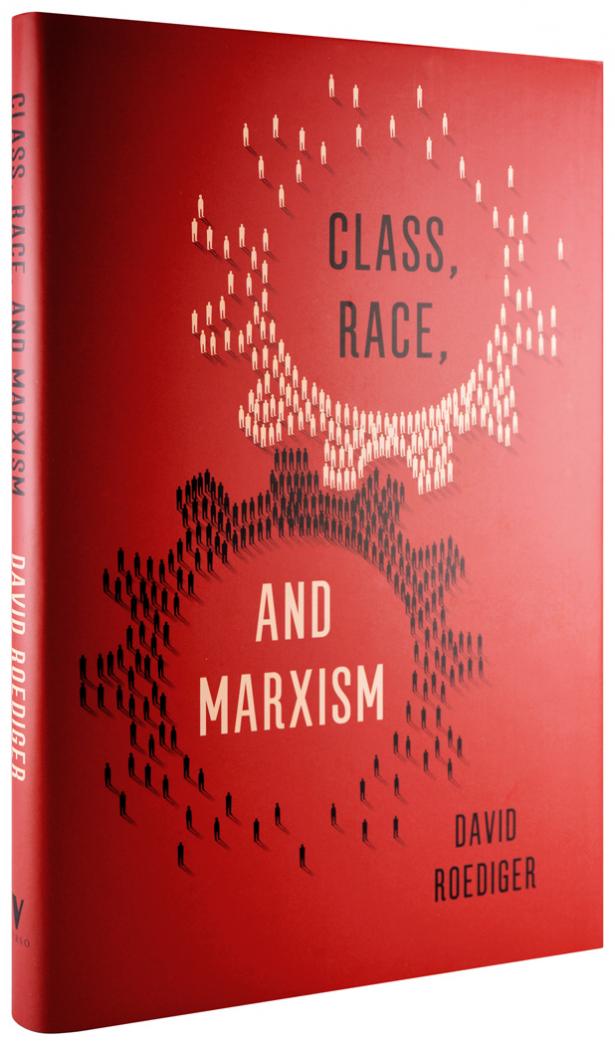
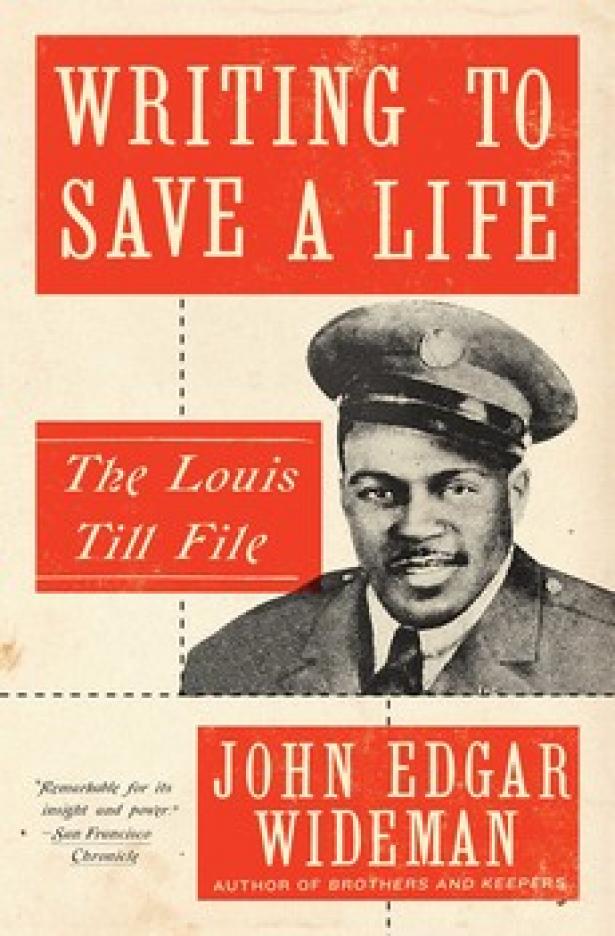
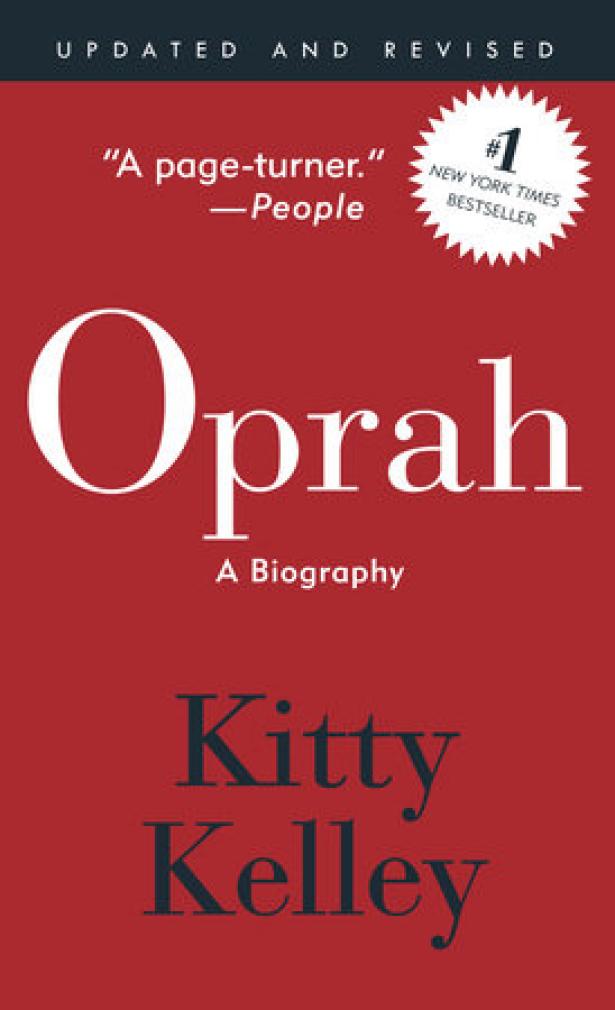
Spread the word